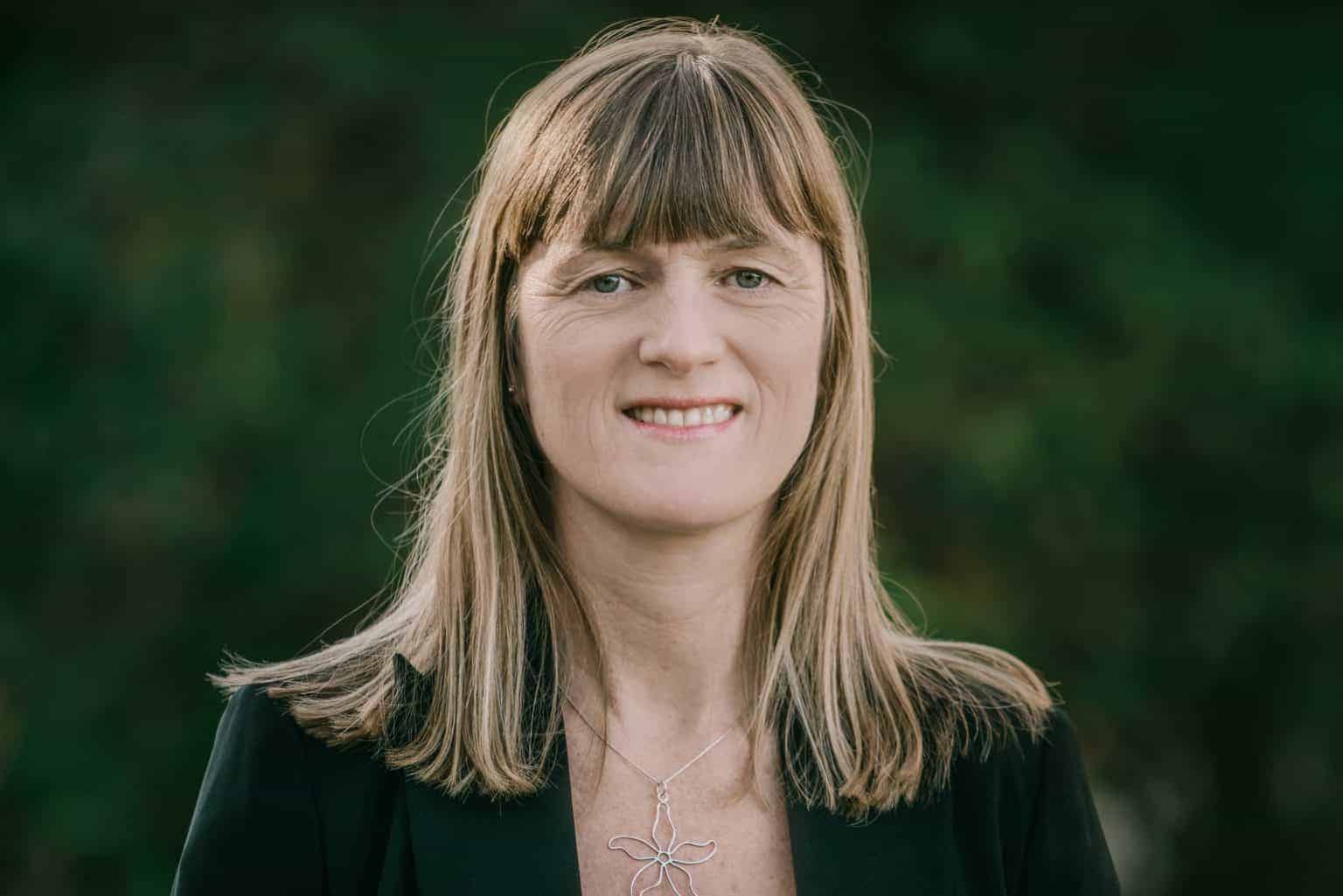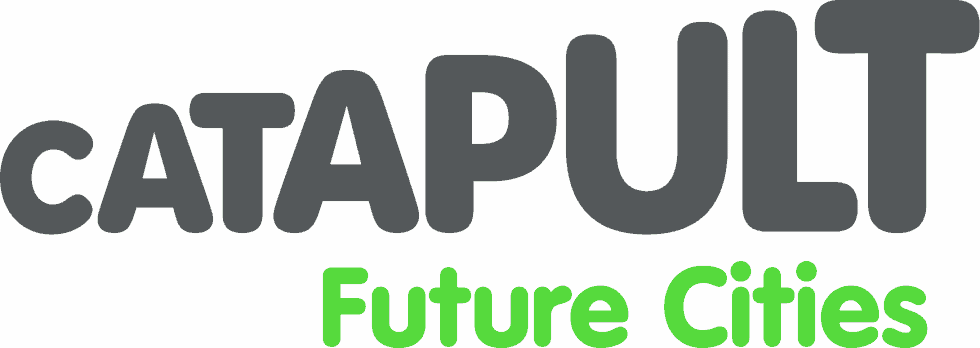Greenhouse Pioneer: Angela Howarth, Future Cities Catapult

As the first day of the Festival of the Future City gets underway, Angela Howarth, Head of Communications at Future Cities Catapult, tells us why she’s excited about future proofing our cities…
Tell us, in 20 words or fewer, about Future Cities Catapult – what’s your mission?
At Future Cities Catapult we make cities better places to live, work and visit by accelerating ground-breaking urban innovation with UK companies.
What drives you?
I am passionate about the natural environment, and spend as much time in the outdoors as possible. But I also get excited about the incredible opportunities of innovation, allowing us to shape the environment in a way that can actually make our daily activities sustainable in the long run. What drives me, is the unique opportunity to communicate that concept and directly impact human behaviour as a result. The future is all about going forward, not backward.
What is your greatest achievement to date?
One highlight that springs to mind was the incredible opportunity to be part of the historic climate change summit in Paris in 2015. I led a fantastic marketing communications team as part of an innovation partnership based around Europe. It was very rewarding to be part of the conversation as the Paris Agreement was being drafted.
In the last year, I have taken over communications at Future Cities Catapult, a UK government supported innovation agency. The ability to be a part of this incredible organisation is definitely another highlight. In Britain, urban planning tends to be traditional and sluggish. And yet it is actually planning that allows us to make cities pleasant, healthy and sustainable places to live, work and visit. At the Catapult, we are currently working to fast-track these planning processes into the 21st century. We have brought together some of the brightest minds in the sector to create new digital technologies that make urban planning speedier and more easily accessible.
What are the challenges you face?
Innovation is often about bringing a lot of seemingly unrelated things together in a new way. This can be a challenge when communicating innovation. Just take the language for example, digital-savvy entrepreneurs have different ways of talking about their solutions compared to investors, policy makers or consumers.
The opportunity lies in understanding the challenge – whether it is in urban innovation, climate change or related to behaviour change – and getting the right people in the room to work out a communications concept. This concept should work for all stakeholders while simultaneously achieving the main the goal: actually explaining the solution.
What are you working on that’s getting you fired up and excited?
I’m excited about future-proofing our cities. The vast majority of us already live and work in cities, and demographic projections show that this will only increase – globally, not just here in Europe. Cities are complex and there is a lot of pressure for them to be more efficient and service more citizens than they were originally designed for.
Where do you want to take Future Cities Catapult next?
I want Future Cities Catapult to be ‘the place to go’ for urban innovation. We’re working with the brightest minds in the field to turn ideas into practical solutions. I want to help more people see the amazing things these pioneers can achieve for all of us, right now and in the future.

How is what you are doing inspiring change in others?
In everything I do I try to make sure everyone understands the main expectation is that people learn, not fail. This is what encourages innovation.
Can you recommend a life- or game-changing book for our readers?
A former boss, Professor Mary Ritter, once gifted me a uniquely insightful book by Dutch social psychologist Geert Hofstede. I cannot recommend it enough to anyone who works with people with different cultural backgrounds. The book, Culture’s Consequences, explains how we all run on slightly different software, and how by understanding the differences we can avoid a lot of misunderstandings. We can only change the world together, after all.
What’s the best advice you’ve ever been given?
Listen and learn. Seek to understand – you never really know what’s going on or what is driving someone until you have had some time to observe.
Can you leave us with who’d be your Eco Hero?
Can I have two?
Christiana Figueres, the inspirational woman from Costa Rica famous for leading the international negotiations on climate change and ultimately getting the Paris Climate Accord inked is definitely a great candidate. She has recently moved on from the UN’s climate change agency to continue her fantastic work at Mission2020, in support of the Paris Agreement.
But I also have to mention Leonardo DiCaprio. His celebrity status has opened up a new generation to environmental issues and what can be done about them. And don’t just take my word for it, scientific research says so!


